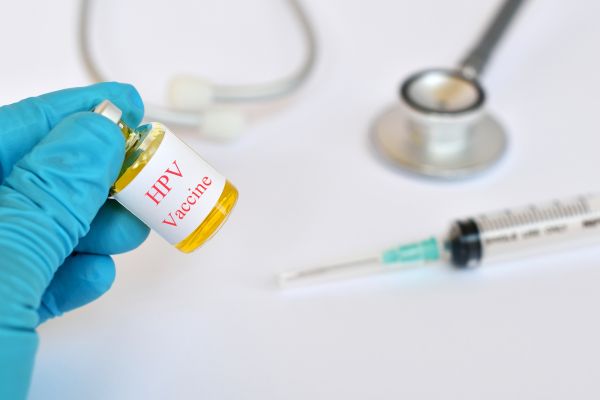The National Cancer Institute (NCI) established an initiative recently that I expect to benefit patients at Roswell Park Comprehensive Cancer Center and around the country for years to come.
In January 2017, the agency, a member institution of the National Institutes of Health, launched the NCI Formulary to expand access to both approved drugs and investigational agents — that is, drugs still in development — that have shown promise as possible cancer therapies. It’s an important example of a public agency partnering with private-sector drug makers so that NCI-designated Cancer Centers like Roswell Park and the patients we serve will be able to get promising drugs more readily. “The NCI Formulary could ultimately translate into speeding the availability of more-effective treatment options to patients with cancer,” the agency notes.
Cancer therapies often work best in combination with one another, so it’s important to be able to include different drugs and agents in our preclinical lab work and our clinical studies. But the reality is that many of these drugs are difficult to get or cost-prohibitive to incorporate into clinical trials. With establishment of the Formulary, the NCI has broken through some of the biggest barriers investigators face in this regard and given us a new pathway of access to some of the most important drugs and agents in oncology.
“The NCI Formulary will help researchers begin testing promising drug combinations more quickly, potentially helping patients much sooner,” notes NCI Acting Director Douglas Lowy, MD. “Rather than spending time negotiating agreements, investigators will be able to focus on the important research that can ultimately lead to improved cancer care.”
Currently, the NCI Formulary includes 15 targeted agents from six pharmaceutical companies. We look forward to incorporating these promising treatments into our work in the lab and in the clinic, and to reporting what we learn through this research.
Never miss another Cancer Talk blog!
Sign up to receive our monthly Cancer Talk e-newsletter.
Sign up!

